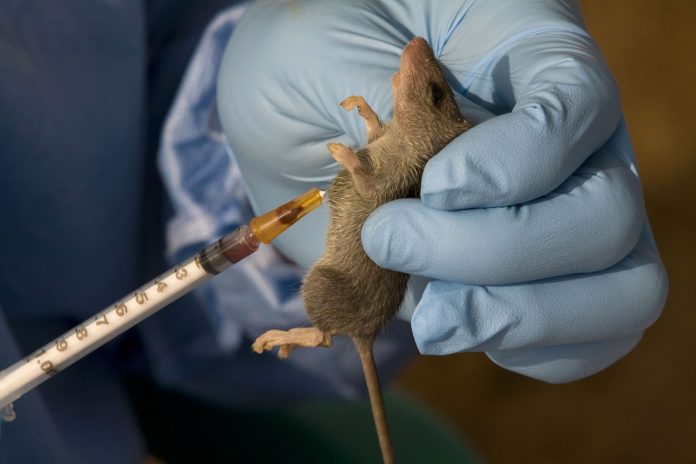Nigerian authorities tend to fall short in terms of admitting the emergence and scourge of epidemics in the country. The flip side of the coin is that by the time they know the full extent of the problem, its impact would have gone far. So it is with the current epidemic of Lassa fever in some parts of the country. Now, the Nigeria Centre for Disease Control, NCDC, says the epidemic has claimed 110 lives since the beginning of the year.
In its latest report, the NCDC said, “Since the onset of the 2018 outbreak, there have been 110 deaths: 78 in positive-confirmed cases, 8 in probable cases and 24 in negative cases.” Buttressing the situation, the World Health Organisation, WHO, said last week the epidemic had reached record highs with 317 laboratory confirmed cases and 72 people dead.
Now, the government is waxing lyrical. The Health Minister, Prof. Isaac Adewole, has announced that the government would soon take delivery of vaccines to tackle the virus. “We are doing everything possible to fight and address the outbreak of lassa fever on all fronts,” he said.
Experts say that Lassa fever belongs to the same family as Ebola, a deadly virus that leads to infections with fever, vomiting and in worst-case scenarios, bleeding.
More than 100 people were killed in 2016 in one of the nation’s worst outbreaks of the disease, affecting 14 of the 36 states, including Lagos and the capital, Abuja.
Meanwhile, a Nigerian scientist, Dr. Michael Odighemeh, has announced the discovery of a fuzzy-neutral expert system for detecting Ebola and Lassa fever. Dr. Odighemeh, who is a lecturer at the Faculty of Engineering in the Federal University Ndufu-Alike Ikwo, FUNAI, Ebonyi State, made the presentation in Abuja yesterday at an ongoing exhibition in the school, titled: “Research and development results, inventions, innovations.”
He explained that the expert system could be domiciled in an ATM-like interface, and offers self-help in a way that when pressed, it would trigger who to call depending on the symptom acquired.
Dr. Odighemeh stated that having developed the software, the next stage is to publicise and domesticate it for the use of medical facilities across the country. He stressed that the technology would help to check the lack of trained medical professionals to tackle contagious diseases.


















